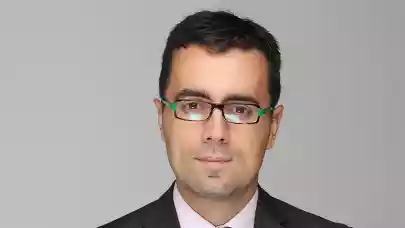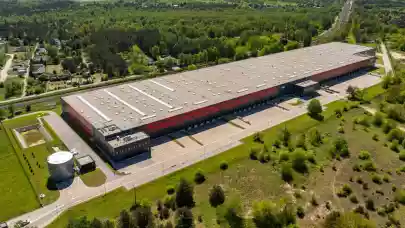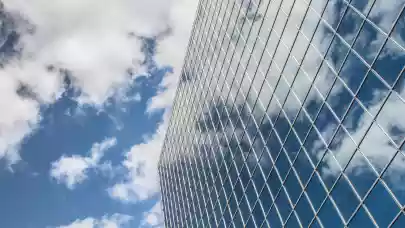
One of the largest real estate transactions of the last 5 years on the CEE market was inked in Belgrade this year and the Serbian capital is attracting further investor interest. Srdjan Teofilovic, Head of Capital Markets & Investor Services at CBS International, member of the Cushman and Wakefield Alliance, talked to Property Forum about the trends driving Serbia’s investment market.
The Serbian investment market was quite active in H1 2021, driven by large portfolio deals. What are your investment market expectations for the full year?
Since the first three quarters of the year have indeed shown considerable interest from investors, we expect this positive wave will continue until year-end. Office and retail will remain the most attractive segments, followed by industrial and logistics. Even during the pandemic period in mid-2020, CBS International brokered the biggest logistics investment transaction in Serbia, when the company BIG CEE, part of the BIG Shopping Centers Israel, acquired a logistics and distribution complex of 17,000 sqm, which is the headquarters of Kuehne Nagel in Serbia, a global leader in logistics. The attractiveness of the Serbian investment market continued in 2021 with a focus on the office segment. Namely, the largest investment transaction in Belgrade’s office market was recorded in Q2 this year. One of the largest investors in Serbia, GTC has decided to sell its Belgrade-based office portfolio to the Hungarian investment fund Indotek Group. The agreement covers the sale of 11 buildings within 5 business parks totalling 121,700 sqm GLA with high occupancy rates. This sale represents one of the largest real estate transactions in the last 5 years on the CEE market.

Srdjan Teofilovic
Head of Capital Markets & Investor Services
CBS International | Cushman & Wakefield Group
What are investors looking for these days? Have you observed significant shifts in the popularity of different asset classes?
We believe office and retail are going to remain the most active segments. Retail proved its attractiveness even in the post-pandemic period with most assets operating even better than in 2019. Though during the pandemic visitors’ footfall decreased across all retail formats, the most affected being shopping centres as well as high-street zones, retail parks remained the most resilient thanks to their open-type architecture, allowing for a safe enjoyment in shopping.
Long-term looking, the office market will continue to be the main focus of the investors primarily due to its healthy fundamentals. Demand has remained strong, despite the overall situation, with the IT sector as the key demand driver and an above-all stable vacancy rate.
Investment yields in the Balkans region are still considerably higher compared to other parts of CEE. Do you expect any changes in this regard? What are your yield expectations for the next 12 months?
The yields for prime office schemes in Belgrade currently range between 8.00-8.75%. Prime retail schemes in Belgrade command yields around 8%, while prime logistics assets with blue-chip tenants noted a yield compression at below 9% levels. With additional availability of capital, yields are expected to be under pressure but their levels will remain slightly above the core CEE capitals.
Yield gaps will be reduced as the perception of the local market changes, economic stability is achieved and liquidity is proven by transactional evidence. Given that the supply-side is still growing and some of the assets held by long-term holders are still owned by the developers, we may expect that these assets will be traded by 50bps lower yields in the next year.
Can some of the changes brought on or highlighted by the pandemic rewrite the investment landscape in the long run?
We do not see any major influence of the pandemic on the main market segments. Hotels probably will take more time to adapt to the new reality, nevertheless, we are also aware of the hotels which are attracting similar interest like before the COVID-19 pandemic. In regard to the retail segment and the increase of online sales, the logistics segment has proven to be very important for distribution chains and has inspired the need for strategically located warehouse facilities being close to the physical stores and consumers.
Is securing funding a challenge for investors at the moment?
We see that banks are very keen to finance sustainable projects and investors with a proven track record. On the other hand, we see that some of the investors present in the local markets have managed to find other sources of funding that allow them to expand easier and quicker.



